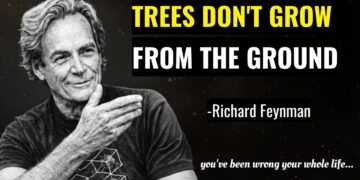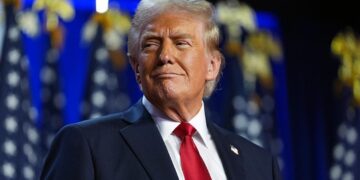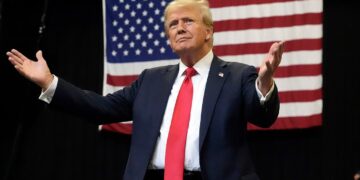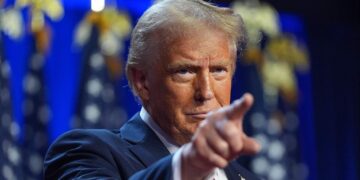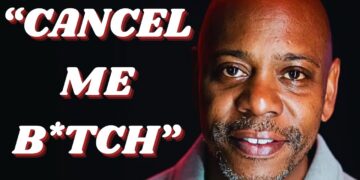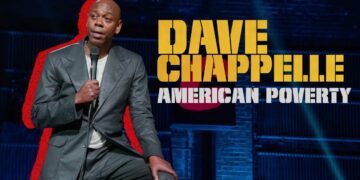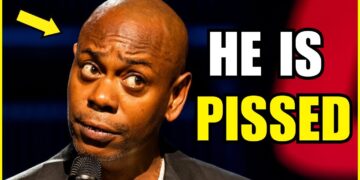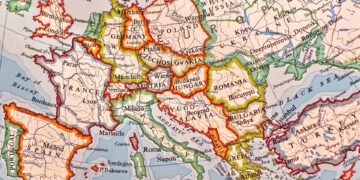Video Transcript
Welcome to Truly Right View
Let The Truth Be Told!
Are you ready to hear the real truth unfiltered by bias media or government intervention?
Subscribe to the Truly Right View Channel
Truly Right View: Advocating for Free Speech in the Age of Political Censorship
Introduction: What is Free Speech Today?
In a world where political discourse is dominated by big tech, cable news, and social media influencers, free speech is constantly under threat. From censorship of conservative viewpoints to the silencing of dissent on controversial issues, we are witnessing an alarming trend of restrictions on the most fundamental rights of any citizen in our Constitutional Republic: the right to speak freely.
But what does free speech truly mean in today’s context? Are we protecting it, or are we allowing authoritarian ideologies like socialism, communism, fascism, and dictatorships to erode it?
The Constitutional Perspective: Why Free Speech is Non-Negotiable
The First Amendment of the United States Constitution is crystal clear: “Congress shall make no law… abridging the freedom of speech.” The Founding Fathers understood the importance of free speech in preserving a free society. Without it, the ability to challenge government, expose corruption, and advocate for truth would be crushed.
Yet today, under the guise of protecting people from “misinformation” and “hate speech,” powerful institutions are curbing our ability to express ideas that do not conform to their narratives.
Do we not see this as a slippery slope toward authoritarianism?
Shouldn’t we, as citizens, be the ones who decide what we can or cannot hear, not a centralized body or corporation?
Social Media and Cable News: Platforms or Gatekeepers?
Social media was once hailed as the bastion of free speech. It allowed ordinary individuals to share their thoughts, advocate for causes, and hold the powerful accountable. However, over the years, major platforms like Twitter (now X), Facebook, and YouTube have become gatekeepers rather than facilitators of free expression.
Algorithms favor certain ideologies, while alternative viewpoints—especially those with a more conservative or constitutional slant—are shadow-banned, demonetized, or outright censored.
Does this not resemble the tactics of monarchies, communistic or fascist regimes that control what their citizens can see and hear?
Shouldn’t a true democracy allow the free flow of ideas, even if those ideas challenge the status quo?
Social Media Influencers: Fighters for Freedom or Puppets of Censorship?
Many social media influencers, especially those aligned with constitutional values, have become modern-day warriors for free speech. Yet, they face intense backlash, censorship, and de-platforming for voicing opinions that challenge globalist or left-leaning narratives.
How many times have we seen influential voices banned simply for questioning government policies, election results, or health mandates?
Isn’t it concerning that only a select group of elites can decide what is “acceptable” discourse?
While some influencers fall in line with these restrictive policies, others have emerged as champions for free speech, using their platforms to resist censorship and uphold constitutional rights. The question is: Will we support these voices, or will we allow them to be drowned out by corporate and governmental censorship?
The Dangers of Socialism, Communism, and Fascism: A Threat to Free Speech
At the heart of socialism, communism, and fascism lies a common tactic—control over speech. These ideologies have historically sought to suppress dissent, limit expression, and create a monolithic narrative that favors those in power.
Look no further than authoritarian regimes past and present, where dissenters are imprisoned, media is state-controlled, and free speech is criminalized. Can we really ignore the striking similarities between these oppressive ideologies and the current state of political discourse in America?
Is the suppression of speech today not a precursor to more draconian measures tomorrow?
Should we not fight to preserve the right to freely express political, social, and economic ideas?
The Truly Right View: Defending Freedom in the Digital Age
At Truly Right View, we believe in the unwavering defense of free speech as enshrined in the U.S. Constitution. We reject the encroaching influences of socialism, communism, fascism, and any form of dictatorship that seeks to undermine this fundamental right.
Our platform is dedicated to bringing you uncensored news, analysis, and commentary from a truly constitutional perspective. We provide a space where voices that have been silenced or marginalized can be heard, and where you—the citizen—can engage in the free exchange of ideas.
Join the Fight: Sign Up for Our Channel and Newsletter
Do you value free speech?
Do you believe that the right to express your thoughts, opinions, and beliefs should never be compromised, no matter how controversial they may be?
If so, we invite you to join the fight for free speech by subscribing to the Truly Right View channel and newsletter. Stay informed on the latest developments in free speech advocacy, political commentary, and constitutional rights. Together, we can stand against the creeping influence of censorship and authoritarianism.
Why wait for others to defend your rights?
Become part of a movement that fights for the truly free society envisioned by our Founding Fathers.
Sign up now and be a voice for freedom!
Will You Speak Up or Stay Silent?
In the end, the future of free speech rests in our hands. We can either stand idly by as it is eroded by corporate and governmental overreach, or we can take action to protect and preserve it.
Will you speak up for your rights, or will you allow them to be taken away piece by piece?
The choice is yours.
Subscribe to the channel for Truly Right View today, and support our patriots shop together, let’s ensure that free speech remains the bedrock of our Constitutional Republic.






